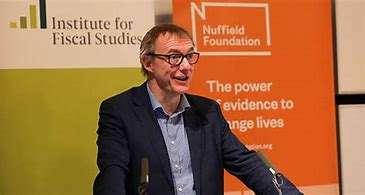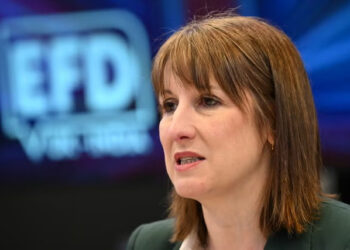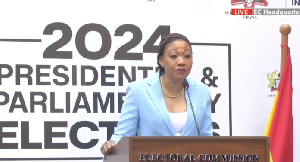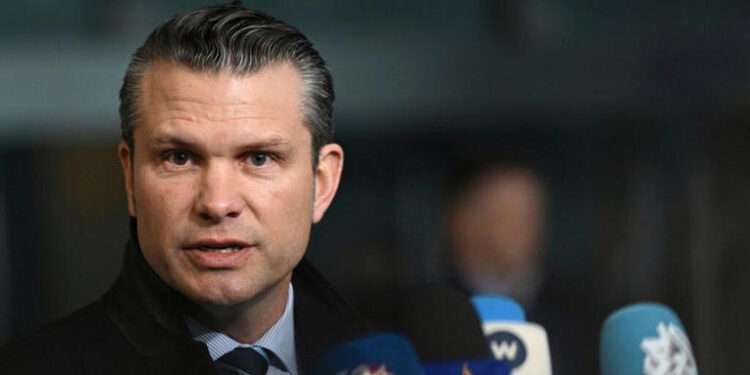UK Chancellor, Jeremy Hunt has confirmed that the six-year freeze on income tax thresholds, which effectively means millions of Britons will face higher tax rates, will continue until 2028.
This decision represents the largest tax rise on incomes in at least half a century.
The freeze on thresholds and allowances, coupled with the absence of rate increases, constitute a significant tax hike over the coming years.
Hunt highlighted the challenges facing future Chancellors, suggesting that without raising rates, they are left with limited options for generating revenue, potentially leading to funding shortages in niche areas.
However, an irked Chancellor said a news agency was at risk of breaching its impartiality when the host linked the increased mortgage rates that were hitting families to the mini-budget of the former Prime Minister Liz Truss.
“I really would challenge you, and I know the BBC is fiercely impartial, on making a statement like you’ve just said because if the higher mortgage rates were as a result of Liz Truss, why is it that living standards have fallen further in Germany or Austria or Sweden?” said Hunt.
He added, “The reason why we’ve had 11% inflation and interest rates had to go up is because of [the Russian president, Vladimir] Putin’s invasion of Ukraine and a global pandemic.”
The announcement comes amid a backdrop of political maneuvering, with both the Conservative and Labour parties ruling out increases in VAT, income tax, and national insurance.
This stance has raised concerns among economists, including Paul Johnson of the Institute for Fiscal Studies (IFS), who questioned the implications of such a position on future governments’ fiscal policies.
Jones Reserves Comments About Reversing Tax Threshold Freezes

Labour’s shadow Chief Secretary to the Treasury, Darren Jones, refrained from committing to reversing the tax threshold freezes should his party gain power.
Instead, he emphasized Labour’s commitment to reducing the tax burden on working people, pointing to past support for national insurance cuts.
“We’ve been very, very clear even before the election was called that we want the burden of taxes to come down on working people,” he said.
He added, “That’s why we’ve supported the last two cuts to national insurance and why we’ve been consistent in saying we have no plans, no expectations to increase taxes on working people.”
He stated, “Of course, I would love to do lots of other things that cost lots of money, but I can’t because the Conservatives have crashed the economy, debt has gone through the roof, the cost of the national debt is a huge burden on the Treasury.”
He also claimed the UK’s economic woes began during the austerity period that “failed to get growth back into the economy” and before war broke out in Ukraine in 2022.

Jones also criticized the Conservative government for the state of the UK economy, attributing current difficulties to the impact of austerity measures and the conflict in Ukraine.
“We know. It is baked into the numbers that increases in income tax are happening over the next three years, because thresholds and the allowances are being frozen and that is a significant tax rise over the next few years, so you can find more ways of getting money out of these taxes without raising the rates.”
Paul Johnson, An Economist, the Institute for Fiscal Studies (IFS)
This situation underscores the complex dynamics surrounding tax policy in the UK, with both major parties facing criticism for their approaches to taxation and fiscal management.
The ongoing debate highlights the challenges of balancing budgetary constraints with the desire to alleviate the financial pressures on households and businesses.
READ ALSO: Actress Tags Popularity As Biggest Life Achievement





















